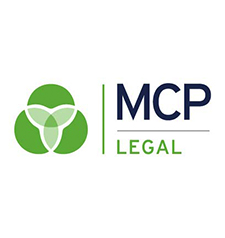
What is Probate?
Probate is the process of proving and registering in the Supreme Court, the last Will of a deceased person.
The Will needs to be ‘proven’ as being the last valid Will of the deceased, before the distribution of any property. This process protects the executor, beneficiaries and claimants.
This is the formal process whereby those named in a Will as Executors and Trustees apply for the position of and are legally accepted as the rightful person/s to “stand in the shoes” of the Will maker after death.
That is, the person/s are formally appointed to manage the affairs and Estate of the deceased, in accordance with the provisions of the Will. Essentially, proving the Will gives legal recognition of the rights of all parties named in the Will and allows executors to act with legal authority in exercising those rights.
The Supreme Court in its probate jurisdiction has the power to make orders in relation to the validity of the Will, the appointment of an Executor and the administration of a deceased Estate.
Where an Executor is applying for a Grant of Probate, there are a number of formal procedures to be followed. Normally the larger the estate the more complex the Executor’s task is and the more advice is required. This process starts with advertising the intention to apply for a grant of probate through to filing documents in court.
Probate may not be required for very small estates or where property is held jointly.